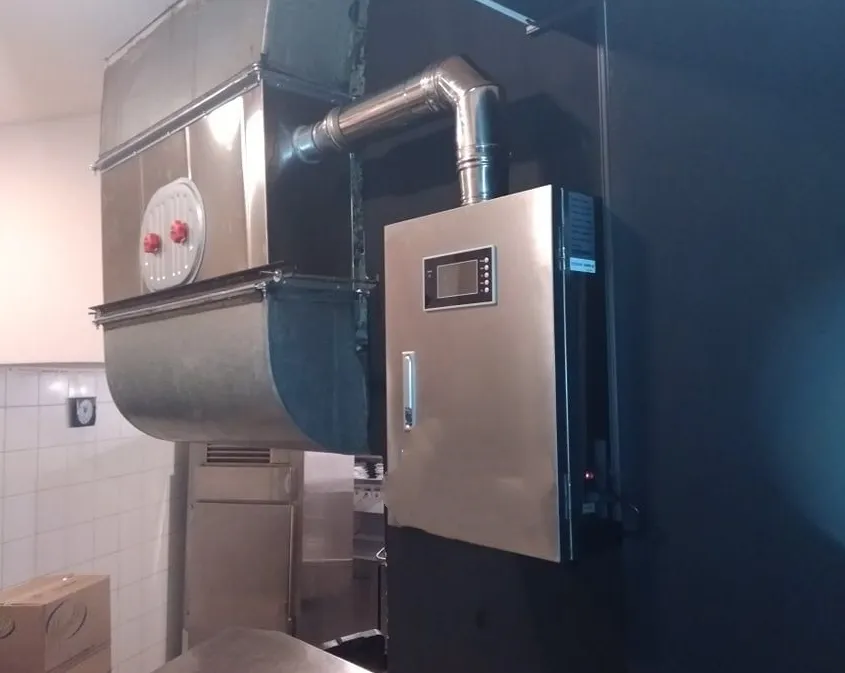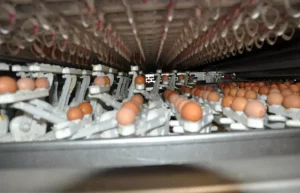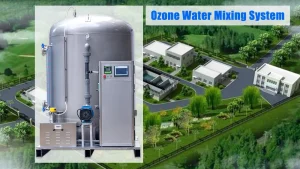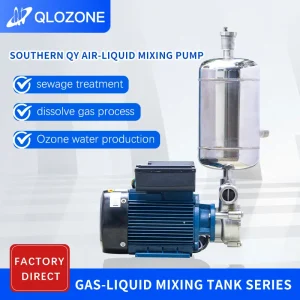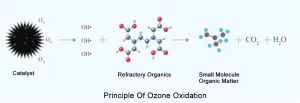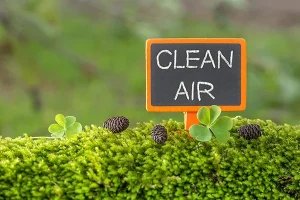What is Ozone Treatment in Agriculture
Water treatment for agriculture refers to the process of treating and purifying water to make it suitable for use in agricultural activities. This process involves removing contaminants, minerals, and other impurities that may be harmful to plants, soil, and livestock.
Agricultural water treatment may be necessary because the water used for irrigation or livestock watering can contain harmful bacteria, viruses, chemicals, or excess minerals that can damage crops or animals. Treating water can help ensure the quality of water used for irrigation and other agricultural activities, which can lead to better crop yields and healthier livestock.
Some common water treatment methods used in agriculture include sedimentation, filtration, disinfection, and reverse osmosis. Sedimentation involves allowing suspended particles to settle to the bottom of a tank, while filtration involves passing water through a filter to remove impurities. Disinfection methods such as chlorination or ultraviolet (UV) light can kill harmful microorganisms in the water, while reverse osmosis involves forcing water through a semipermeable membrane to remove dissolved salts and minerals.
Ozone for all types of crops
1.Ozone for tomatoes
2.Ozone for cucumbers
3.Ozone for courgettes
4.Ozone for potatoes
5.Ozone for lettuce
6.Ozone for watercress
7.Ozone for blueberries
8.Ozone for strawberries
9.Ozone for blackberries
10.Ozone for melons
11.Ozone for vineyards
12.Ozone for olive trees
13.Ozone for orange trees
14.Ozone for all types of farms
Providing ozone solutions for agriculture
1.Ozone to eliminate Nematodes
2.Ozone to remove Fusarium
3.Ozone to remove Botrytis cinerea
4.Ozone to eliminate powdery mildew
5.Ozone to remove sooty mold
6.Ozone to eliminate rust
7.Ozone eliminate whitefly, tuta, aphids, thrips
Ozone has proven to be an excellent crop enhancer through foliar treatment, preventing waterborne diseases. Inject ozone into your atomizer and boost your crop with ozone.





